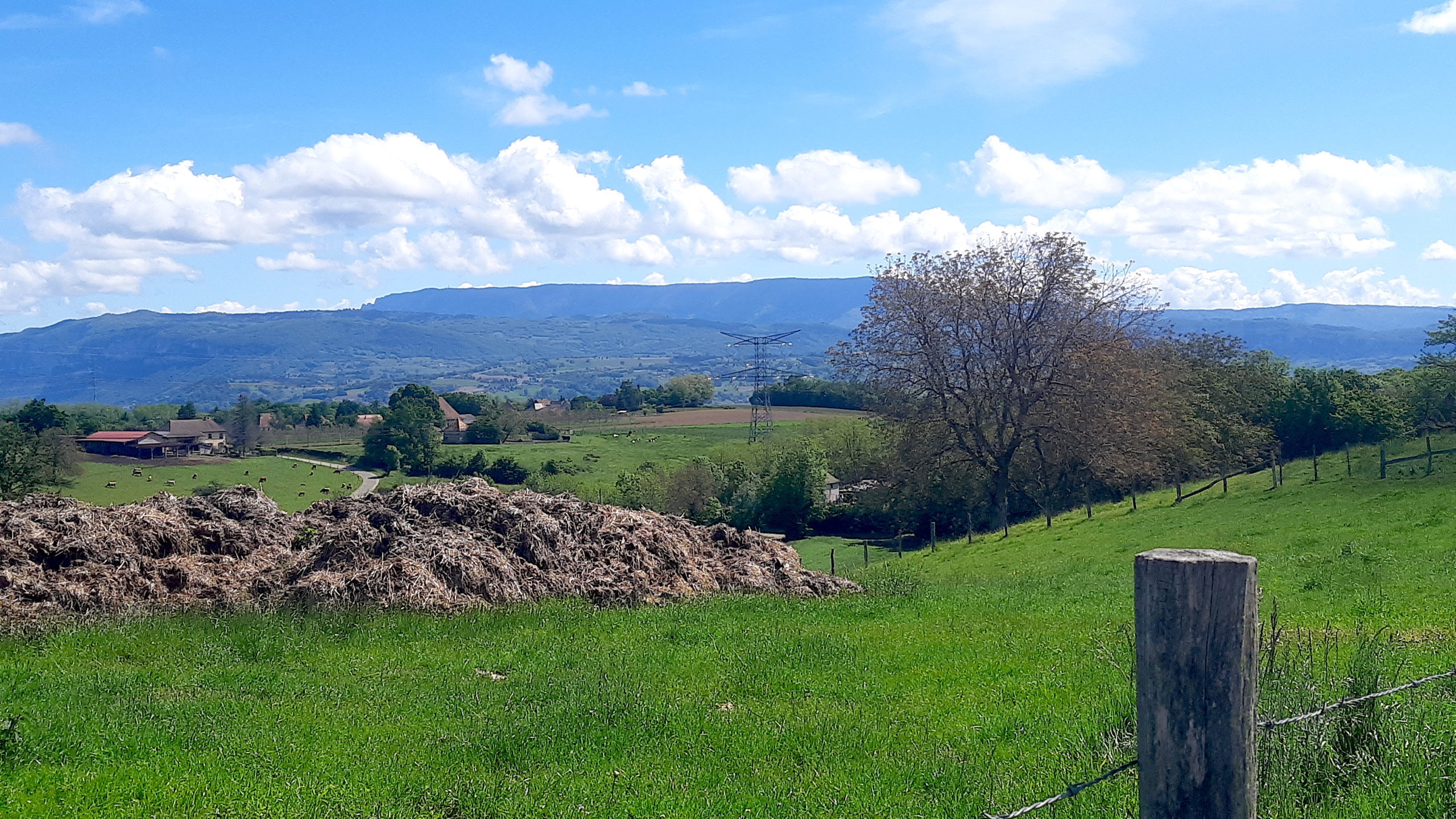Become – Bioeconomic transition in mountain regions
Début du projet : 2021In the 2017 “Bioeconomy Strategy for France”, the bioeconomy is first presented as a new sector of the economy centered on the production, use and transformation of bioresources. Other narratives of the bioeconomy exist, without necessarily claiming to be such, which appeal to circularity, autonomy, agroecology or sobriety. The Become project examines the articulations and specificities of these different visions, which produce distinct narratives of bioeconomic transition and fuel scientific debate.
 © Sandrine Allain
© Sandrine Allain
How is the idea of a bio-economic transition taking shape? With what ambitions in the territories and according to what contours? With what underlying principles and values, but also what tensions?
The bioeconomy concerns several territorial levels: the Regions – which are supposed to be the sounding board for the national strategy – but also the territories with projects, from the Tepos (Positive Energy Territory) to the Pat (Territorial Food Plan), via the CTE (Ecological Transition Contracts).
The Auvergne Rhone-Alpes region and the Grenoble metropolitan area and its surrounding massifs (Chartreuse, Vercors, Belledonne) will be the project’s preferred sites. The conceptual framework will be that of ecological socio-economics, and the tools used will be mainly semi-structured interviews, discourse analysis and scenario building.
What’s special about this project is that it seeks to identify whether there is a “mountain specificity” to the bioeconomy, and if so, what kind. These include the presence of vulnerable and protected ecosystems; forest resources, sometimes considered as “biomass deposits”; access and production constraints; hydroelectric potential; strong seasonal fluctuations in demand for water, food and energy linked to tourism…
The Become project should contribute to the articulation of food, energy and ecological issues in territorial development.
Search Belledonne Chartreuse Vercors Climate and ecological transitions Planning, public policy and governance